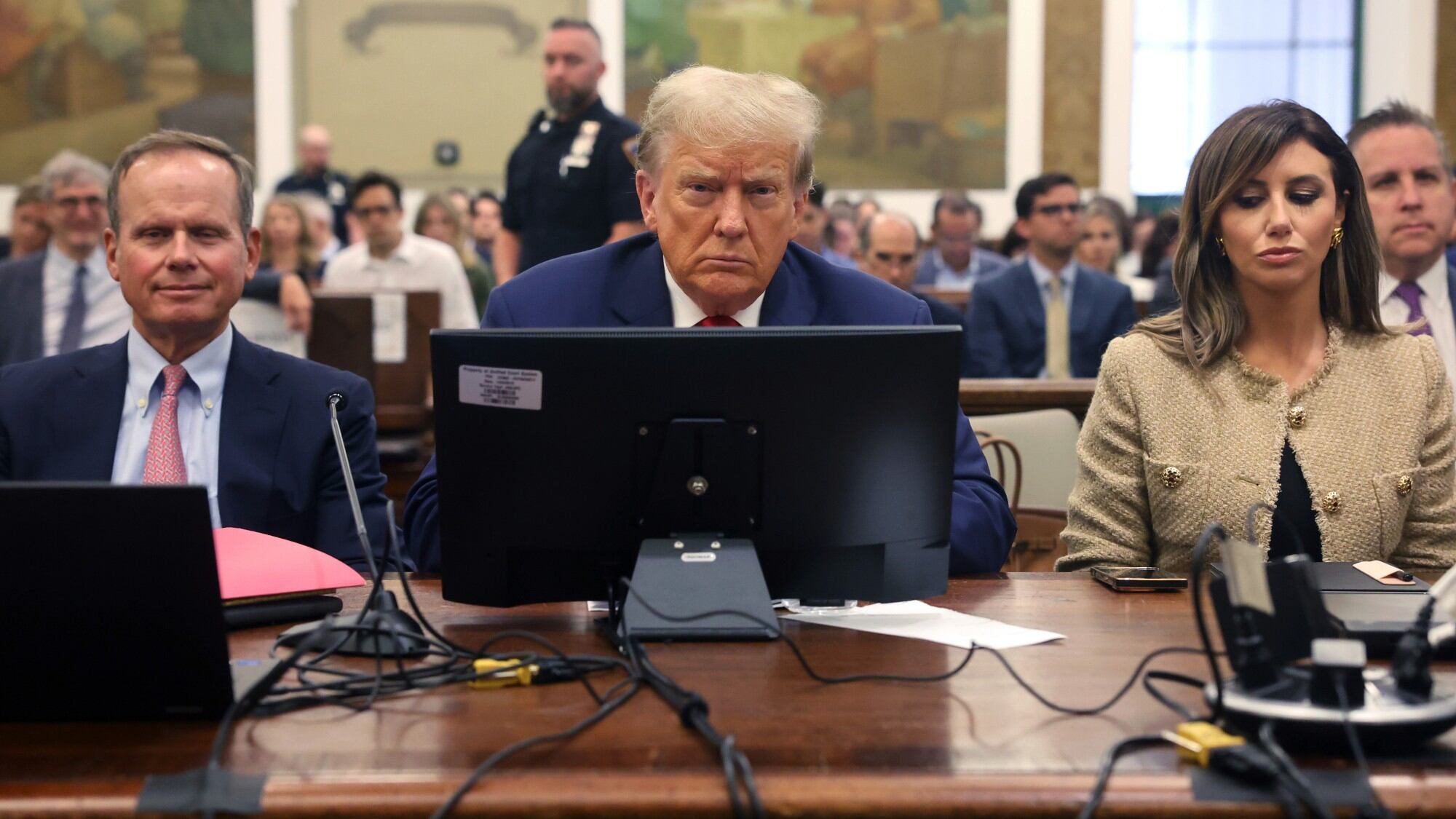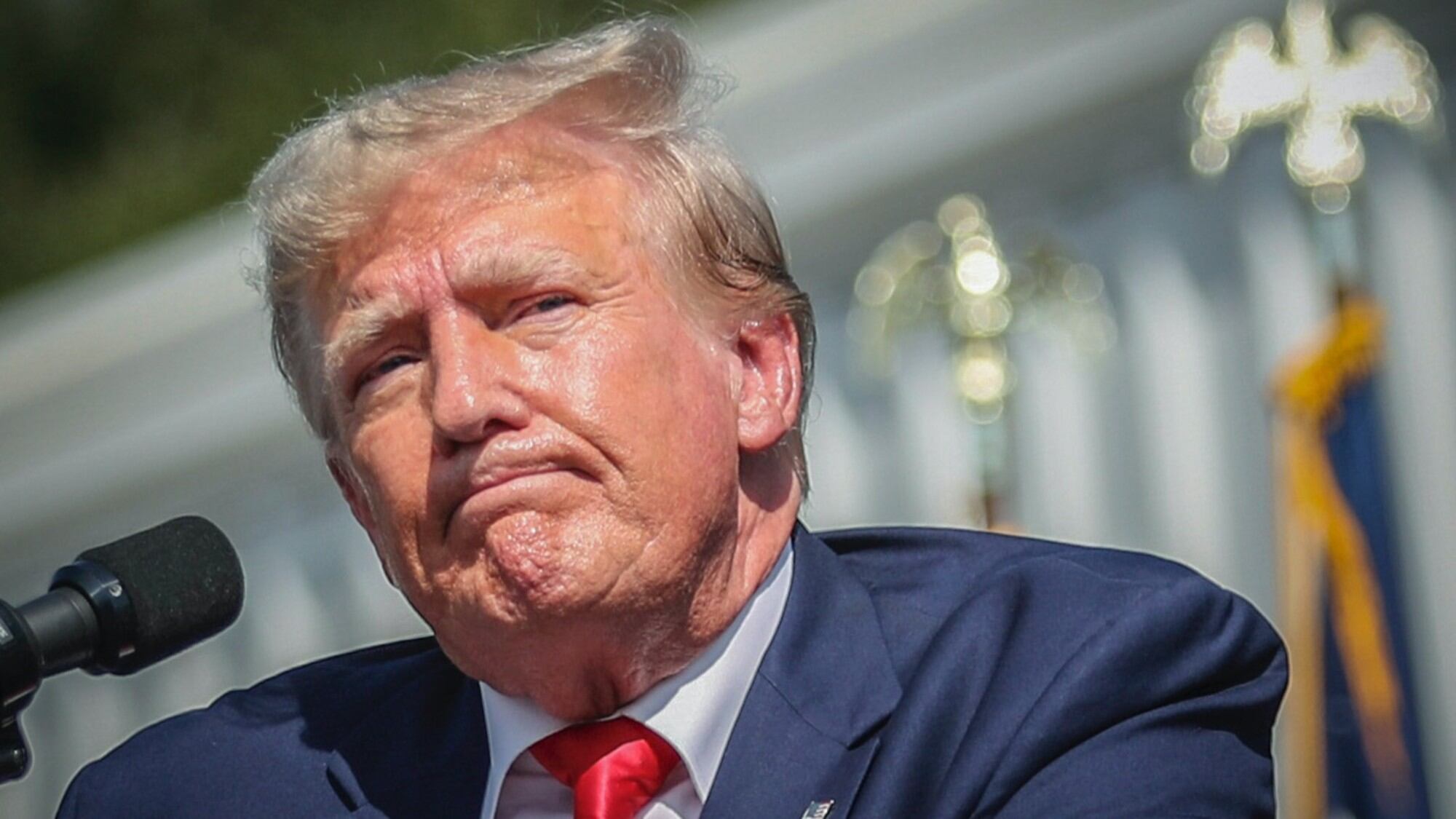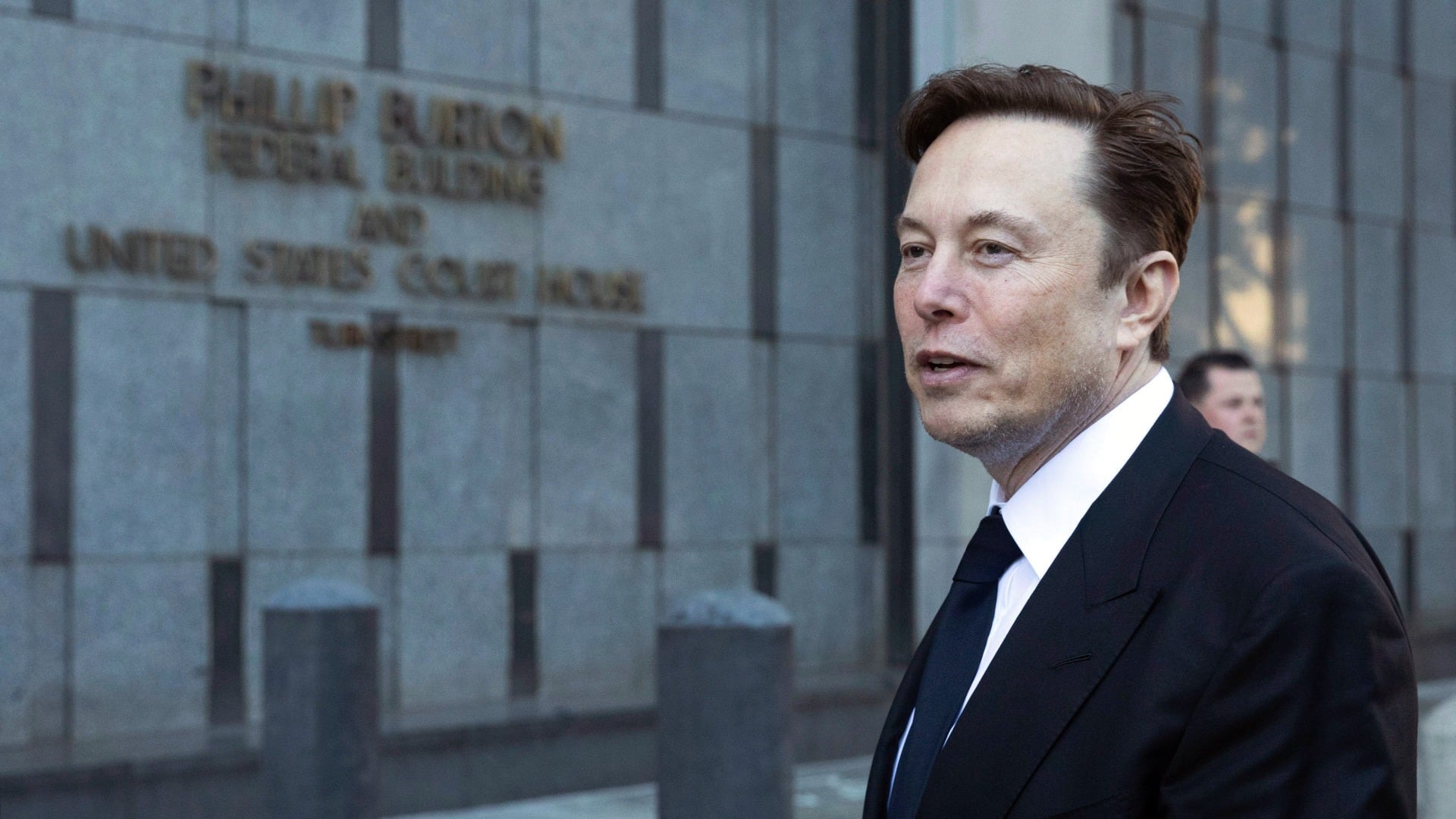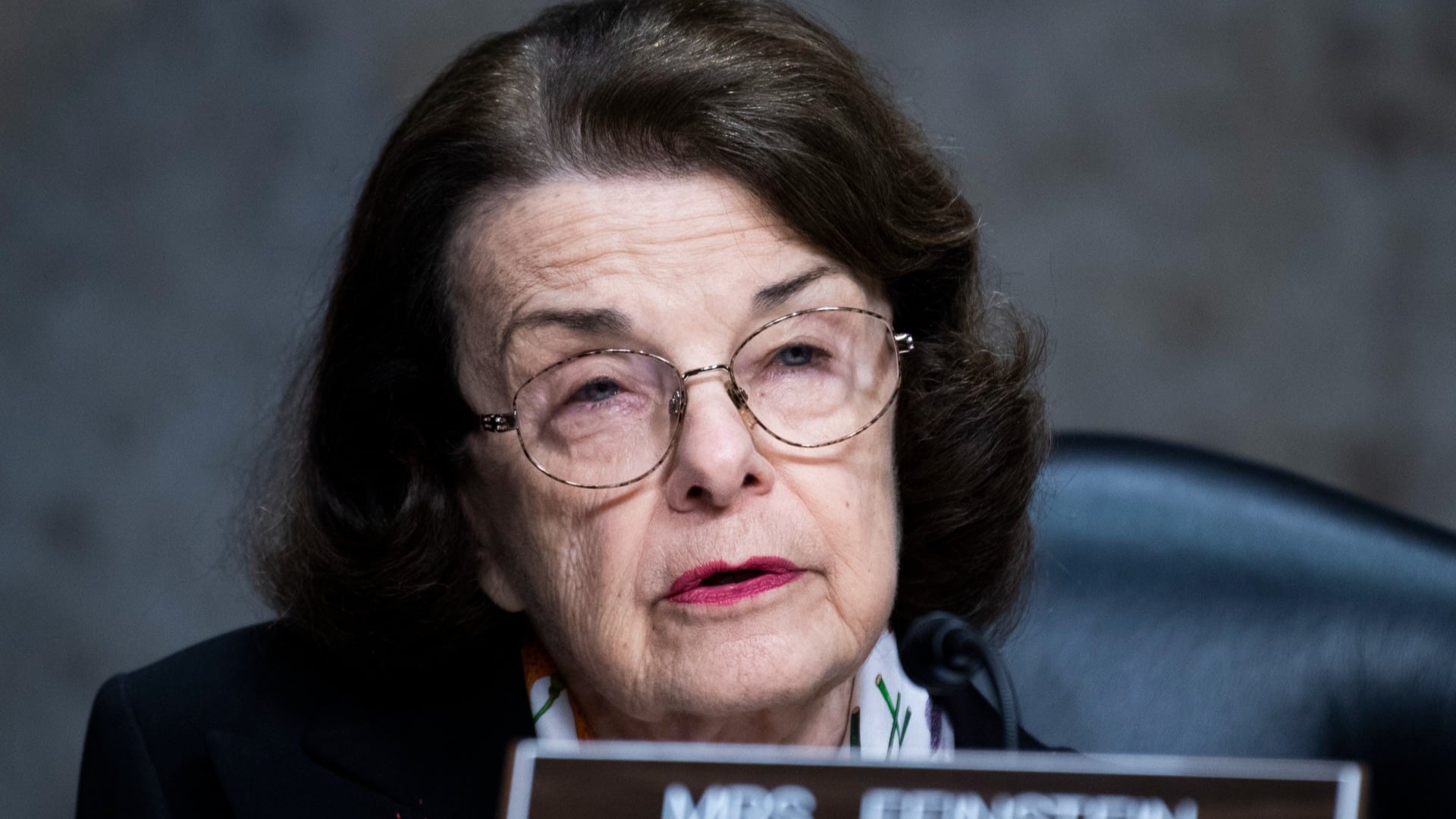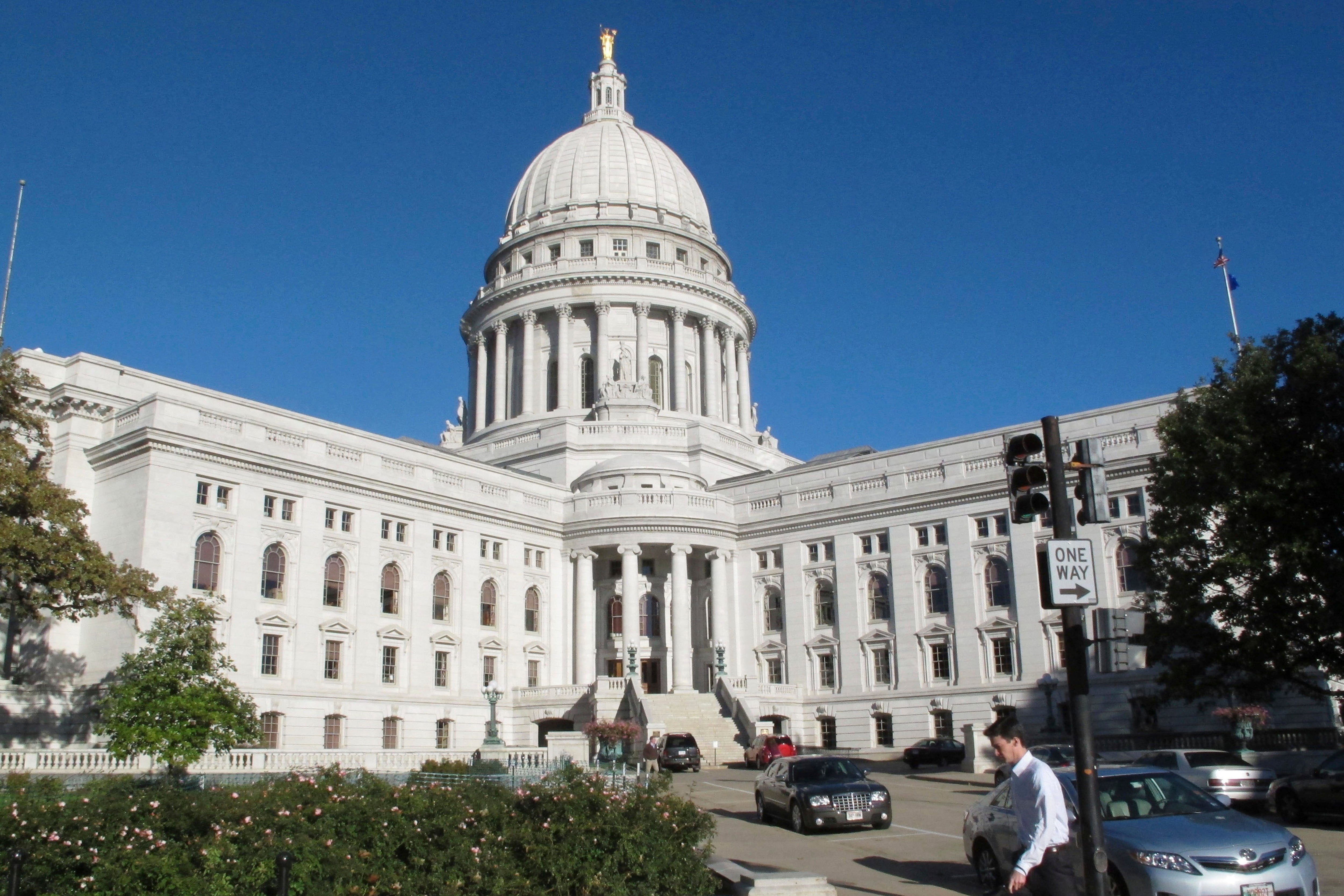President Trump reportedly ordered the firing of Robert Mueller over the summer but reversed course after the White House special counsel threatened to resign. That's according to a recent report in the New York Times. Fordham University Law Professor Jed Shugerman explains the potential legal ramifications of these revelations.
"This now becomes part of a longer timeline for Mueller," said Shugerman. "The statue that covers obstruction of justice depends upon proving that there was a corrupt intent. So the more events that show a corrupt intent the stronger the case would be."
Former White House Communication Director Anthony Scaramucci took to Twitter, tweeting "...@POTUS should be able to have a private conversation with WH Counsel without the content being leaked." Shugerman says presidents can have private conversations, but they cannot conspire to commit felonies.
Newsom said Sunday he supports increased access to condoms for teens, but vetoed the bill because it would have cost too much.
Israel’s military ordered a complete siege on the Gaza Strip on Monday, halting entry of food, fuel and supplies to its 2.3 million people as it pounded the Hamas-ruled territory with waves of airstrikes in retaliation for the militants’ bloody weekend incursion.
Donald Trump’s lawyers asked a New York appeals court Friday to halt his Manhattan civil fraud trial while they fight a court ruling that calls for dissolving companies that control some of the former president’s most prized assets, including Trump Tower.
A witness claimed that former president Donald Trump revealed potentially sensitive information about U.S. military capabilities to a former businessman.
The Securities and Exchange Commission is suing Elon Musk to compel testimony about his purchase of Twitter.
A private memorial service for Sen. Dianne Feinstein drew crowds outside of San Francisco's City Hall.
A Wisconsin man was arrested for illegally bringing a loaded gun to the Wisconsin capitol and hours later bringing an assault rifle.
A witness claimed that former president Donald Trump revealed potentially sensitive information about U.S. military capabilities to a former businessman.
The Biden administration is going to resume deporting migrants to Venezuela.
Former President Donald Trump is officially backing Rep. Jim Jordan of Ohio, the pugnacious House Judiciary Committee chairman and longtime Trump defender, to succeed Kevin McCarthy as House speaker.


